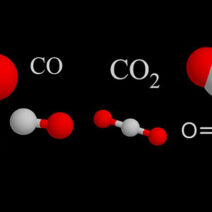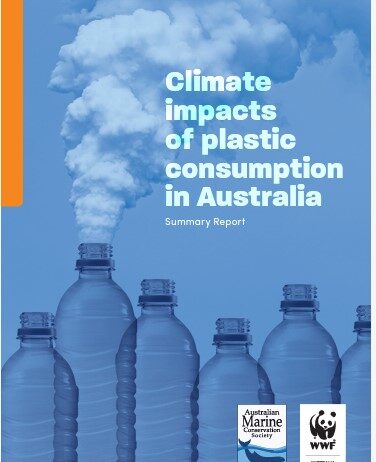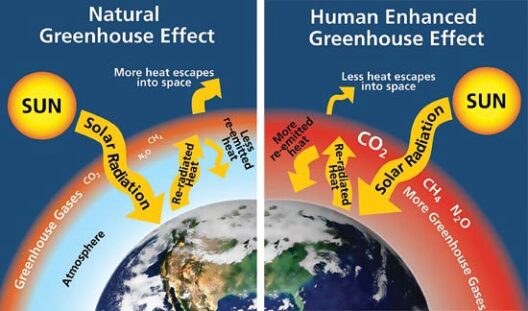In an age where climate change dominates global discourse, it is imperative to scrutinize the ramifications of our waste. The journey from landfill to legacy is fraught with environmental consequences that extend far beyond the confines of our local dumps. Waste management is often viewed through a sanitized lens, but the reality starkly contrasts with its perceived simplicity. The relationship between waste and global warming is both intricate and alarming.
To comprehend this relationship, we must first delve into what constitutes waste. From organic matter to plastics, our daily lives generate a plethora of refuse, often destined for landfills. Landfills are not merely convenient disposal sites; they are breeding grounds for greenhouse gas emissions. As organic waste decomposes anaerobically, it generates methane—a gas with a global warming potential many times greater than carbon dioxide. Methane’s insidious nature lies in its propensity to escape into the atmosphere undetected until it contributes significantly to climate change.
Consider the staggering statistics: landfills are the third-largest source of human-related methane emissions in the United States. The sheer volume of waste produced annually contributes to this alarming reality, yet many remain oblivious to the pernicious impact of their disposal habits. Each plastic bottle discarded, each food scrap tossed away, adds to a collective burden that perpetuates global warming.
Furthermore, the waste stream is not merely a one-way street. The materials we commonly dispose of undergo a secondary transformation when relegated to landfills. Plastics, for instance, which are engineered to last for centuries, fragment into microplastics. These pervasive particles infiltrate ecosystems, harming wildlife and entering the food chain. A plastic item that was once a convenient container for our goods begets a legacy of environmental degradation that echoes through generations.
The economic implications of waste management cannot be overlooked either. The cost of landfill maintenance and methane capture technology is staggering. Municipalities often grapple with budgetary constraints, leading to underfunded waste management systems. As a result, communities find themselves trapped in a cycle of ineffective waste disposal methods that ultimately exacerbate climate change. The transition towards a circular economy, where waste is minimized and materials are reused, remains a distant aspiration due to systemic inertia.
Public perception also plays a formidable role in shaping our waste habits. Many individuals harbor the misconception that responsible waste disposal equates to simply tossing items into recycling bins. The reality is that recycling is a complex process subject to contamination, efficiency issues, and market fluctuations. Moreover, not all materials can be recycled effectively. This underscores the urgent need for a paradigm shift—one that emphasizes reduction and reuse over the fallacy of ‘throwing it away.’
Encouragingly, various initiatives are emerging to combat the detrimental effects of waste on climate change. Innovative technologies aimed at waste-to-energy solutions are gaining traction. These systems harness the energy produced during waste decomposition, converting it into usable power. These strategies not only mitigate the volume of waste entering landfills but also offer a sustainable source of energy. This begs the question: can waste serve as a resource rather than an environmental scourge?
A shift in perspective is crucial. It is time to recognize that waste management is not a solitary endeavor, but a collective responsibility. Communities must rally around initiatives that encourage composting, waste reduction, and responsible disposal practices. Educational programs can foster a generation that is environmentally conscious, mitigating the impact of waste on climate change.
Moreover, businesses play a pivotal role in this transformation. Corporate responsibility must extend beyond mere compliance with regulations; it should encompass proactive measures to reduce waste generation. Many companies are already adopting practices such as zero-waste policies and sustainable packaging initiatives. By aligning their business models with eco-friendly practices, they can contribute significantly to reducing the waste stream and its associated environmental repercussions.
Furthermore, legislative policies must evolve to reflect the urgency of this crisis. Governments have the power to implement regulations that incentivize reduction, discourage single-use plastics, and support recycling initiatives. Stricter guidelines on waste management can fundamentally shift how communities approach waste. With the right framework, waste can be minimized, thus reducing the overall carbon footprint.
However, pursuing these solutions will require significant shifts in both societal attitudes and individual behaviors. People must grapple with cognitive dissonance: recognizing that their convenience often complicates the planet’s health. While it is far easier to throw something away than to consider the lifecycle of a product, empowering citizens to make informed choices is essential for fostering a sustainable future.
The transition from landfill to legacy does not solely rest upon governmental or corporate shoulders. Each individual has the power to influence change, championing sustainable practices in their daily lives. By adopting mindful consumer habits, urging local leaders to support waste reduction initiatives, and actively participating in community programs, we can cultivate a culture of environmental stewardship.
In summation, the link between waste and global warming is undeniable and complex. It is high time to reassess our relationship with refuse; it is no longer merely garbage but a determinant of our climate future. By embracing a proactive and engaged mentality towards waste management, we can turn the tide on global warming, transforming a legacy of waste into one of sustainability and hope.








